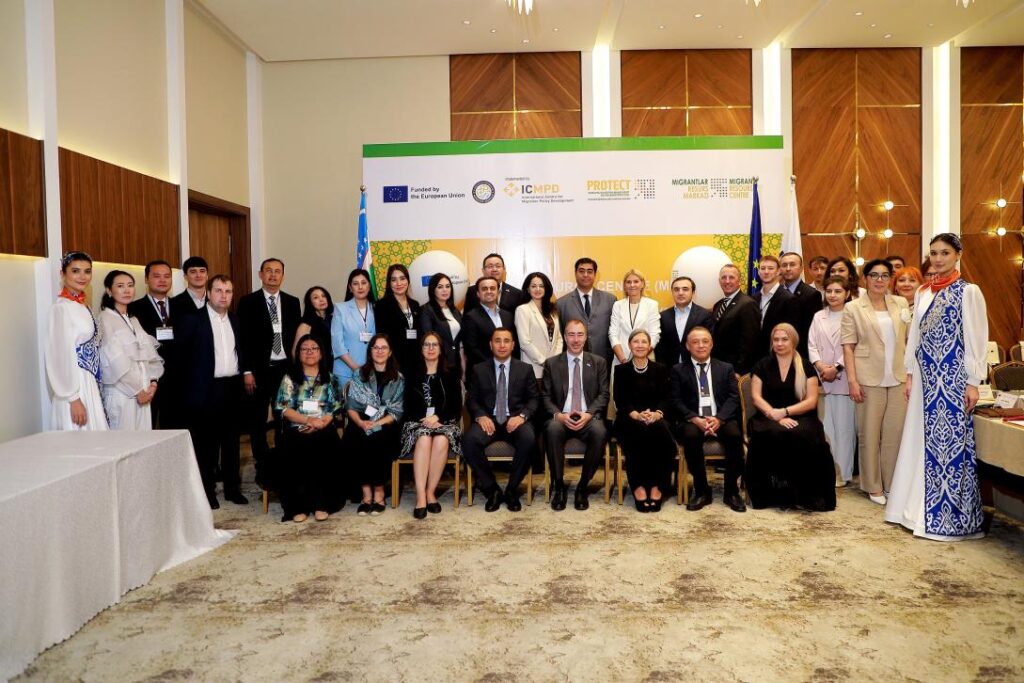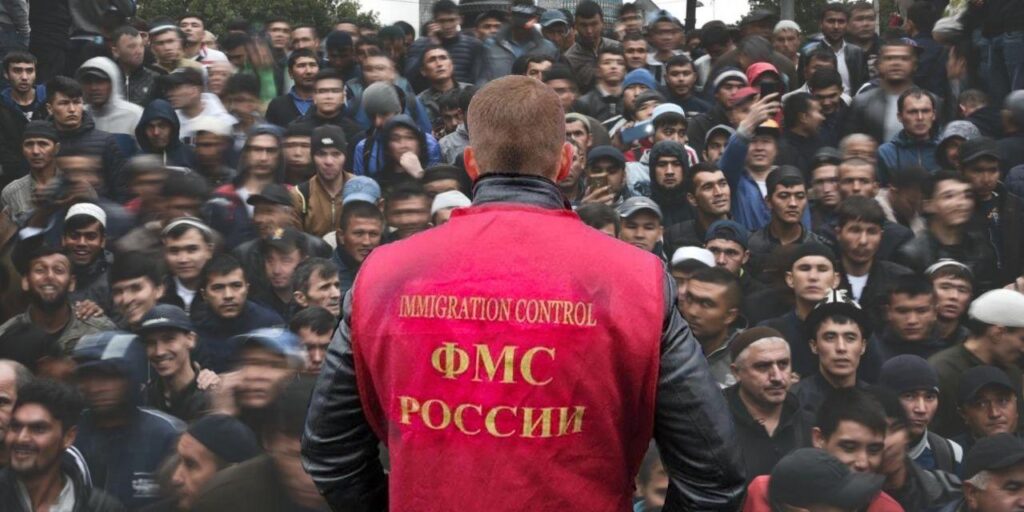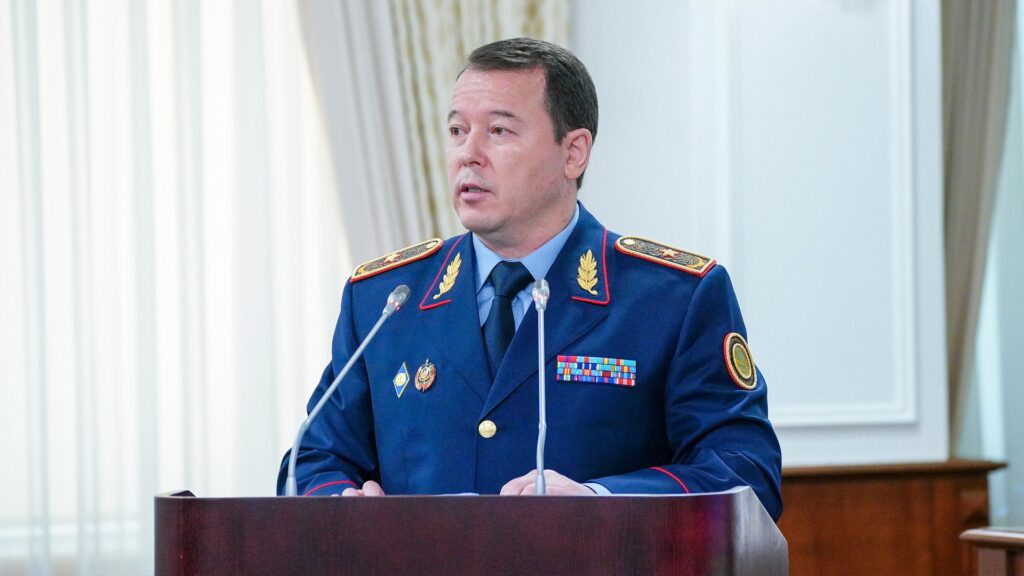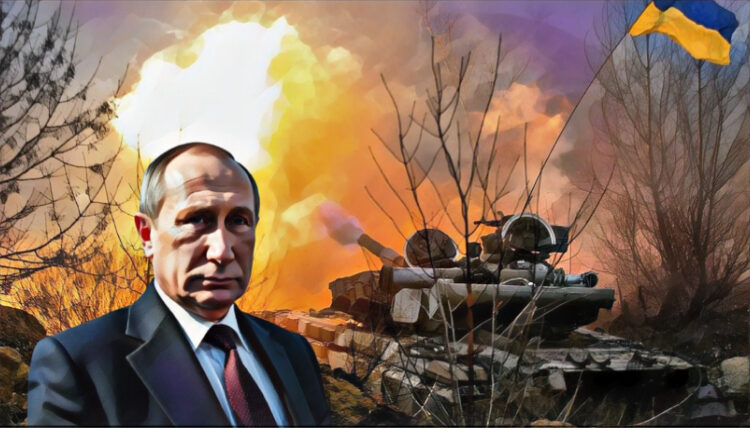Number of Tajik Citizens on Russia’s “Controlled Persons” List Surpasses 150,000
The number of Tajik nationals included in Russia’s registry of “controlled persons” has risen sharply, according to new figures released by the Representative Office of Tajikistan’s Ministry of Labor, Migration and Employment in Russia. Citing the latest update, Asia-Plus reports that more than 150,000 Tajik citizens were listed as of November, an increase of approximately 30,000 since the last official count. The previous figures, published in October 2024, placed the number at over 120,000. Since then, the Tajik authorities have repeatedly urged migrants in Russia to legalize their status and take steps to be removed from the so-called “blacklist.” However, no updated statistics had been released until now. Russia’s controlled persons registry, which came into force on February 5, 2025, encompasses individuals accused of various administrative violations. These range from minor offenses such as unpaid utility bills and traffic infractions to failure to appear at state agencies despite repeated summonses. Russian authorities gave migrants until September 10 to regularize their documents and avoid inclusion in the system. In September, Russia’s Interior Ministry announced that around 770,000 people were registered nationwide, one-third of them women and children. Foreign nationals on the list face wide-ranging restrictions, including bans on changing their place of residence without permission, leaving their region, operating vehicles, purchasing property, or conducting specific financial transactions. Since the registry’s introduction, numerous migrants have reported being added to the list in error. Many only discovered their status after receiving bank notifications about frozen accounts or blocked transactions. Tajikistan’s migration office in Russia continues to advise citizens to verify their status through the Russian Interior Ministry’s online platform. Migrants whose names appear on the list are encouraged to contact local migration offices for assistance. Those unable to resolve their situation are urged to leave Russia within the legally mandated timeframe. Earlier this year, The Times of Central Asia reported that the Tajik authorities had called on labor migrants in Russia to renew their documents before the deadline when Russia's updated migration regulations came into effect. The Tajik Interior Ministry has reminded citizens that maintaining legal residency is essential for continued employment in the country.






